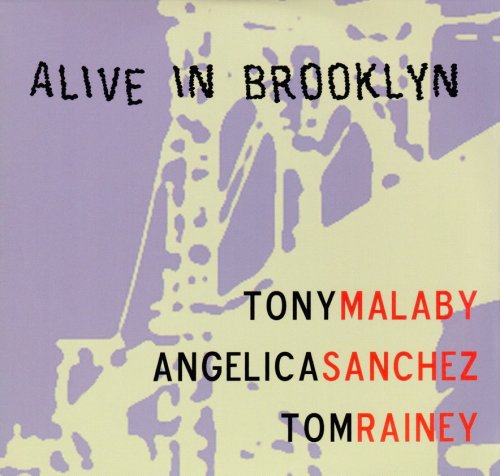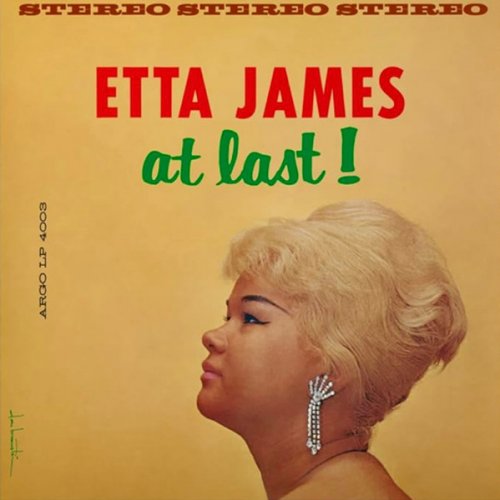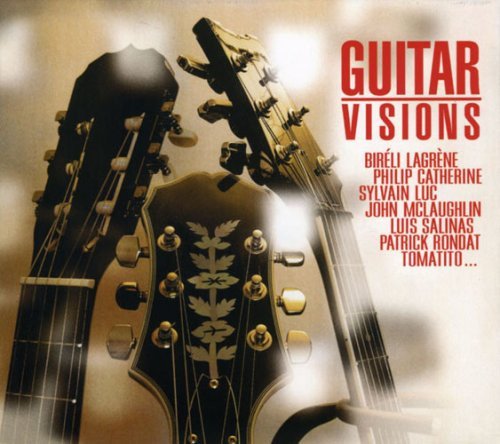Jesse Malin - New York Before The War (2015)
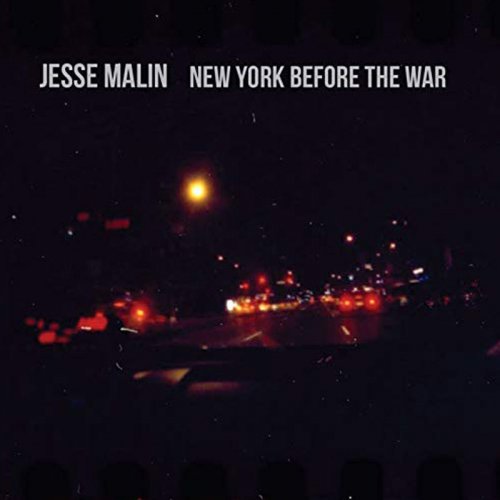
Artist: Jesse Malin
Title: New York Before The War
Year Of Release: 2015
Label: One Little Indian / Velvet Elk Records
Genre: Alt-Country, Indie Rock, Singer/Songwriter
Quality: 320 / FLAC (tracks+.cue,log)
Total Time: 45:29
Total Size: 105 / 294 Mb
WebSite: Album Preview
Tracklist: Title: New York Before The War
Year Of Release: 2015
Label: One Little Indian / Velvet Elk Records
Genre: Alt-Country, Indie Rock, Singer/Songwriter
Quality: 320 / FLAC (tracks+.cue,log)
Total Time: 45:29
Total Size: 105 / 294 Mb
WebSite: Album Preview
01. The Dreamers (4:09)
02. Addicted (3:28)
03. Turn Up The Mains (3:39)
04. Oh Sheena (3:06)
05. She's So Dangerous (5:48)
06. The Year That I Was Born (2:26)
07. Boots Of Immigration (3:50)
08. Freeway (3:06)
09. Bent Up (3:03)
10. She Don't Love Me Now (3:03)
11. Death Star (2:33)
12. I Would Do It For You (2:56)
13. Bar Life (4:29)
New York Before the War is the record Jesse Malin’s been trying to make his entire career, a collection of songs defined by New York City, beholden to its history and his place within it. This is the NY of our collective imagination peopled with dreamers and artists, gutter saints and garage bands.
Sheena was a punk rocker, but not anymore. As Jesse Malin portrays her—or someone like her—in "Oh Sheena", from his new album New York Before the War, the Ramones’ mascot is older and wiser, stuck perhaps in the kind of dead-end life she once dreaded, but not cynical just yet. "There’s a world outside if you want it, there’s a world outside you can know," Malin promises her, wondering if we can realize any of those dreams we let slip away when we became adults. Sheena has to be in her late 50s or early 60s, but he believes it’s never too late to live up to the promise of her teenage rebellion. Nearly 40 years after Rocket to Russia, she can still break away.
Even if it’s more about a punk ideal than an actual flesh-and-blood person, "Oh Sheena" works up some genuine poignancy as Malin, a rock'n'roll veteran of more than two decades, surveys his own past. In the 1990s he came up with the band D Generation, who were so mired in New York rock history that they co-opted the gutter glam and platform shoes of the New York Dolls. After four albums the group disbanded and Malin launched a solo career defined by critical raves and commercial indifference. Riddled with references to local landmarks and local bands, New York Before the War is both the record he’s been trying to make his entire career and the record he’s been making all along: a collection of songs defined by New York City, beholden to its history and his place within it.
That title may be a reference to the studio where he recorded the album, which featured a prescient bit of graffiti. But "the war" could just as easily signify the cataclysm of 9/11 or even Giuliani’s seven years as mayor, during which time he fundamentally changed the city’s character. However, the New York of Before the War ultimately isn’t the real city itself, but something like a more literary creation. This is the New York of the Ramones and CBGBs, of Jonathan Lethem and Paul Auster, of The Warriors and Taxi Driver. Every guy on the corner is Johnny Thunders, and every girl in a bar is Patti Smith circa Just Kids.
This is the New York of our collective imagination peopled with dreamers and artists, gutter saints and garage bands. It’s also a city perpetually in the process of disappearing. "Now they’re closing down the book store, and they’re putting up a condo," he sings on "Addicted", which percolates with the kind of jittery energy anyone who’s set foot in Manhattan will recognize. When he sings the line, "I’ve lived here all my life," it sounds like a very specific kind of introspection, not unlike that of a subway rider studiously avoiding eye contact with anyone else in the car.
Perhaps the greatest thing about this imagined New York is its diversity. Malin doesn’t get into loft jazz or Bronx salsa, but Before the War covers a lot of ground within the confines of rock-and-roll, ranging from the expected punk-derived rave-ups to barstool ballads to heart-on-sleeve country. He not only makes these disparate styles fit together naturalistically, but also allows them to comment on the album’s overarching narrative. The opener, which is actually called "The Dreamers", manufactures suspense via a progression of cinematically ominous piano chords, which are only dampened somewhat by the awkward refrain: "Every time I hear the sound of my international baby." "Bar Life" is a rousingly rueful drinking song about an immigrant whose dreams are preempted by alcoholism, and there’s something both reassuring and depressing about hearing so many people singing along to his downfall.
There is nothing new in Malin’s depiction of New York, and that may be the whole point: He wants this milieu to be instantly familiar. He wants you to connect Sheena with the Ramones, he wants you to hear echoes of the Voidoids in "Freeway" and Television in "Boots of Immigration". So many local references may be tedious for listeners who already suffer from New York fatigue or who don’t think you have to move to Brooklyn to start a band. While Malin makes the nostalgia generally relatable, he doesn’t evoke the setting with much specificity or detail. In fact, it’s hard to shake the notion that he is merely taking part in the city’s ongoing romanticization of its own gloriously seedy culture and history, which has been the local pastime since before Sheena copped an attitude.
Sheena was a punk rocker, but not anymore. As Jesse Malin portrays her—or someone like her—in "Oh Sheena", from his new album New York Before the War, the Ramones’ mascot is older and wiser, stuck perhaps in the kind of dead-end life she once dreaded, but not cynical just yet. "There’s a world outside if you want it, there’s a world outside you can know," Malin promises her, wondering if we can realize any of those dreams we let slip away when we became adults. Sheena has to be in her late 50s or early 60s, but he believes it’s never too late to live up to the promise of her teenage rebellion. Nearly 40 years after Rocket to Russia, she can still break away.
Even if it’s more about a punk ideal than an actual flesh-and-blood person, "Oh Sheena" works up some genuine poignancy as Malin, a rock'n'roll veteran of more than two decades, surveys his own past. In the 1990s he came up with the band D Generation, who were so mired in New York rock history that they co-opted the gutter glam and platform shoes of the New York Dolls. After four albums the group disbanded and Malin launched a solo career defined by critical raves and commercial indifference. Riddled with references to local landmarks and local bands, New York Before the War is both the record he’s been trying to make his entire career and the record he’s been making all along: a collection of songs defined by New York City, beholden to its history and his place within it.
That title may be a reference to the studio where he recorded the album, which featured a prescient bit of graffiti. But "the war" could just as easily signify the cataclysm of 9/11 or even Giuliani’s seven years as mayor, during which time he fundamentally changed the city’s character. However, the New York of Before the War ultimately isn’t the real city itself, but something like a more literary creation. This is the New York of the Ramones and CBGBs, of Jonathan Lethem and Paul Auster, of The Warriors and Taxi Driver. Every guy on the corner is Johnny Thunders, and every girl in a bar is Patti Smith circa Just Kids.
This is the New York of our collective imagination peopled with dreamers and artists, gutter saints and garage bands. It’s also a city perpetually in the process of disappearing. "Now they’re closing down the book store, and they’re putting up a condo," he sings on "Addicted", which percolates with the kind of jittery energy anyone who’s set foot in Manhattan will recognize. When he sings the line, "I’ve lived here all my life," it sounds like a very specific kind of introspection, not unlike that of a subway rider studiously avoiding eye contact with anyone else in the car.
Perhaps the greatest thing about this imagined New York is its diversity. Malin doesn’t get into loft jazz or Bronx salsa, but Before the War covers a lot of ground within the confines of rock-and-roll, ranging from the expected punk-derived rave-ups to barstool ballads to heart-on-sleeve country. He not only makes these disparate styles fit together naturalistically, but also allows them to comment on the album’s overarching narrative. The opener, which is actually called "The Dreamers", manufactures suspense via a progression of cinematically ominous piano chords, which are only dampened somewhat by the awkward refrain: "Every time I hear the sound of my international baby." "Bar Life" is a rousingly rueful drinking song about an immigrant whose dreams are preempted by alcoholism, and there’s something both reassuring and depressing about hearing so many people singing along to his downfall.
There is nothing new in Malin’s depiction of New York, and that may be the whole point: He wants this milieu to be instantly familiar. He wants you to connect Sheena with the Ramones, he wants you to hear echoes of the Voidoids in "Freeway" and Television in "Boots of Immigration". So many local references may be tedious for listeners who already suffer from New York fatigue or who don’t think you have to move to Brooklyn to start a band. While Malin makes the nostalgia generally relatable, he doesn’t evoke the setting with much specificity or detail. In fact, it’s hard to shake the notion that he is merely taking part in the city’s ongoing romanticization of its own gloriously seedy culture and history, which has been the local pastime since before Sheena copped an attitude.
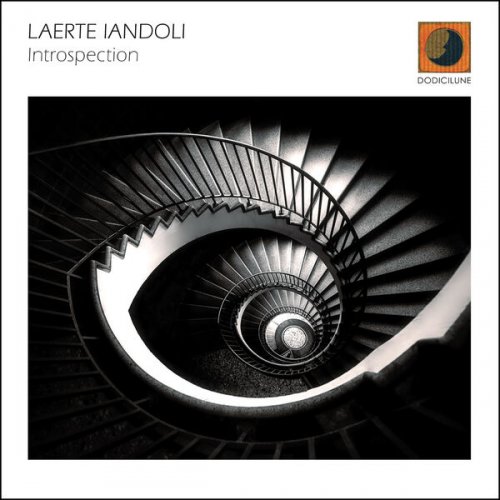
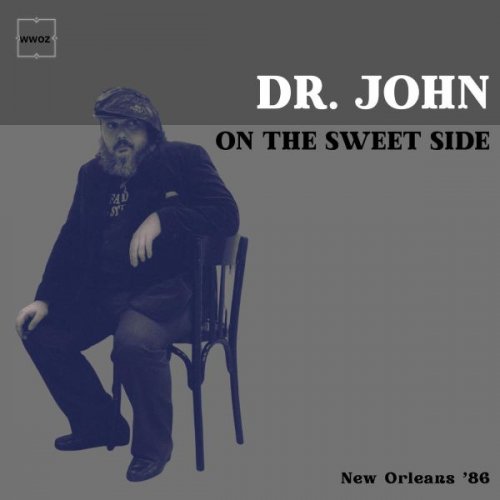

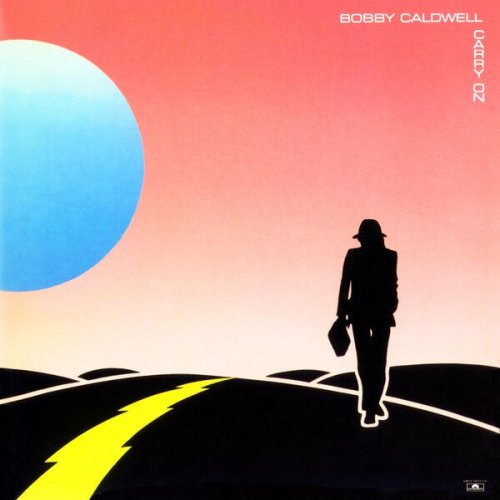
![Julius Hemphill - Dogon A.D. (Remastered) (1972/2026) [Hi-Res] Julius Hemphill - Dogon A.D. (Remastered) (1972/2026) [Hi-Res]](https://www.dibpic.com/uploads/posts/2026-03/1772427281_cover.png)
